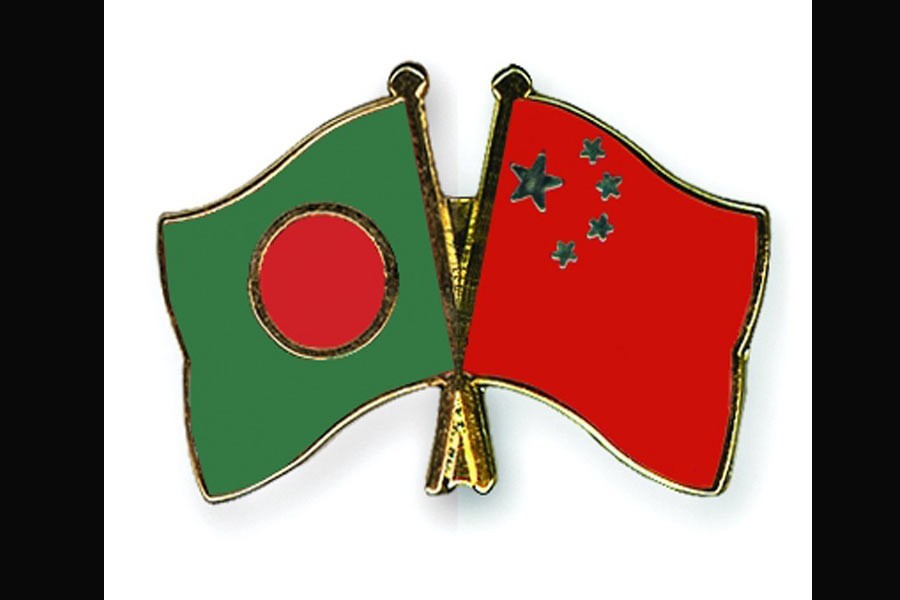The year of 2017, designated as the Year of Friendship and Exchanges between China and Bangladesh, saw the friendly ties between the two nations.
The both sides pushed forward cooperation based on mutual benefit that further cemented the tie.
China's leading technology, from communications and automobiles, continue to be in great demand in Bangladesh. China's increasing tech-footprint has helped elevate Bangladesh's economy.
Information Minister Hasanul Haq Inu told Xinhua recently that the relationship has been gradually cemented.
"So, Bangladesh and China now enjoy a very strong people-to-people, state-to-state and government-to-government, three-dimensional relationship," Inu said.
Seven friendship bridges have already been completed across Bangladesh thanks to Chinese grants, and the eighth one is under construction, with Beijing providing funding for construction of the ninth one.
Among other major China-funded infrastructure projects, Chinese enterprises have also signed deals with Bangladesh to build a two-lane tunnel underneath the Karnaphuli River.
The first of its kind in Bangladesh and to construct a 220-km pipeline to carry oil from tankers in the Bay of Bengal to storage plants on the mainland.
Other deals also involve the detailed engineering design for a four-lane expansion of a national highway.
Apart from the friendship bridges, China is also building the Padma Bridge, termed a "dream bridge" for Bangladeshis.
The 6.15-km-long complex, undertaken by a Chinese company, is the largest and most challenging infrastructure project in the country's history.
It will make it more convenient for neighbouring countries to use Bangladesh's seaports, and promote trade with neighbouring countries.
The Bangladeshi government, in collaboration with Chinese companies, implemented the country's largest-ever ICT project.
The project brought nearly 20,000 government offices across the country under nationwide connectivity.
Besides, China proposed a three-phase solution to help settle the issue in Myanmar's Rakhine state. China's proposal has been backed by both Bangladesh and Myanmar.


